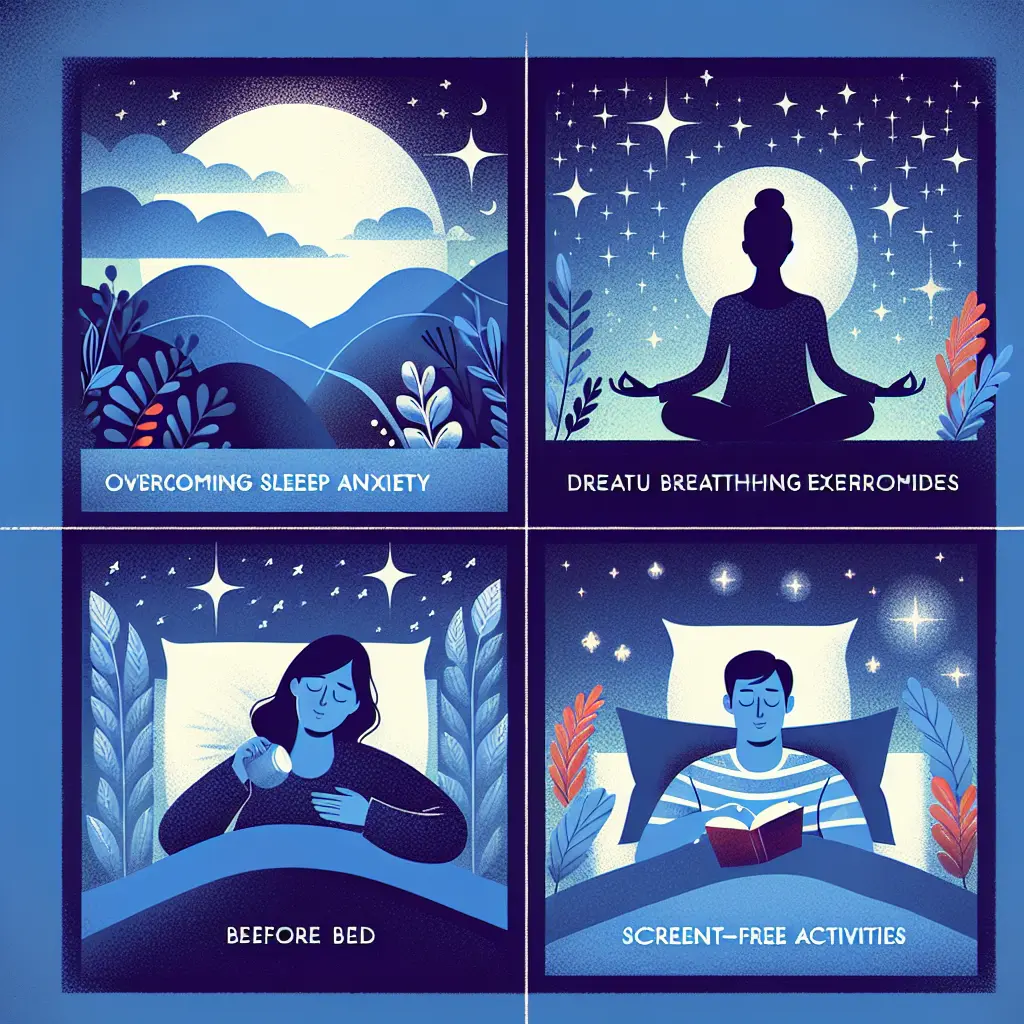Struggling with sleep because anxiety keeps you up at night? You're not alone.
Anxiety is one of the most common culprits disrupting our sleep hygiene. The vicious cycle where anxiety prevents sleep, and lack of sleep heightens anxiety, can feel impossible to break. Fortunately, there are effective strategies to help you manage this challenge and improve your sleep quality.
Create a Relaxing Pre-Sleep Routine: Establishing a calming routine before bedtime can help signal your body that it's time to wind down. Consider incorporating activities such as reading a book, taking a warm bath, or practicing gentle yoga or meditation. The key is consistency and choosing activities that relax both your mind and body.
Optimize Your Sleep Environment: Your bedroom should be a sanctuary for sleep. Ensure your mattress and pillows are comfortable and supportive. Keep the room cool, dark, and quiet. Consider using blackout curtains, white noise machines, or eye masks if necessary. These adjustments can significantly enhance your sleep environment and ease anxiety.
Limit Screen Time Before Bed: The blue light emitted by phones, tablets, and computers can interfere with your body's natural sleep-wake cycle. Try to turn off all screens at least an hour before bedtime. Instead, engage in activities that don't involve electronics, like journaling or listening to soothing music.
Practice Mindfulness and Deep Breathing
Techniques like mindfulness meditation and deep breathing exercises can be incredibly effective in calming the mind. Spend a few minutes focusing on your breath or performing a guided meditation to help clear your mind of anxious thoughts before you go to sleep.
Addressing sleep anxiety is crucial for maintaining good sleep hygiene. By integrating these tips into your nightly routine, you can create a more conducive environment for restful sleep.
For further insights on managing sleep anxiety, you can visit this article.
Remember, improving your sleep hygiene takes time and patience. Implement these strategies gradually and allow yourself room to adapt. Here's to restful nights and peaceful mornings!
Sleep Well
Rebecca Townsend
Extended Insights
Wrap-up
Final Thoughts or Conclusion
Sign Off









Leave a Comment